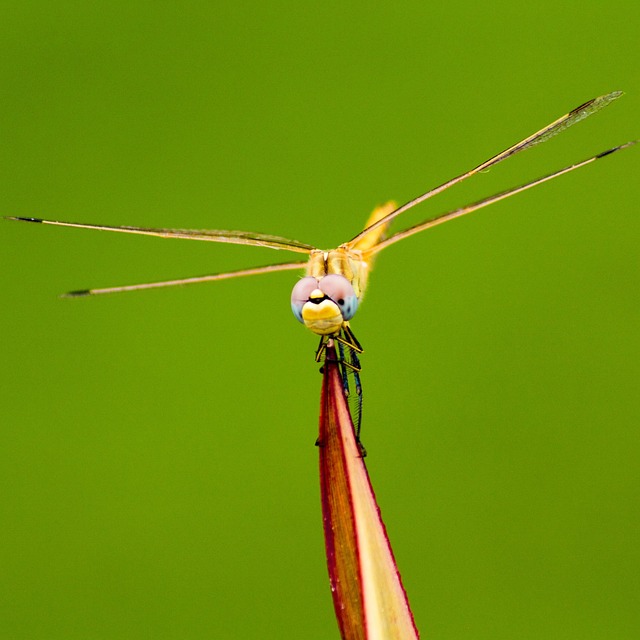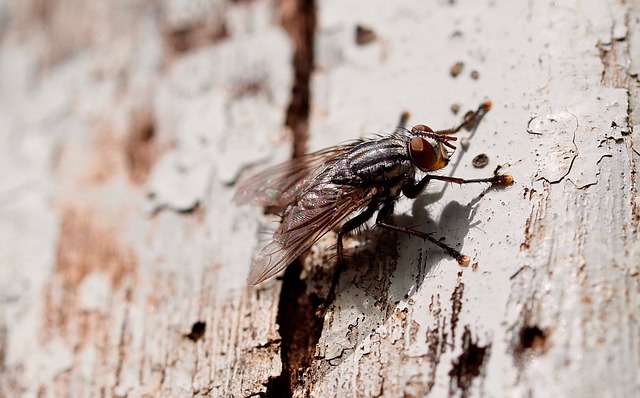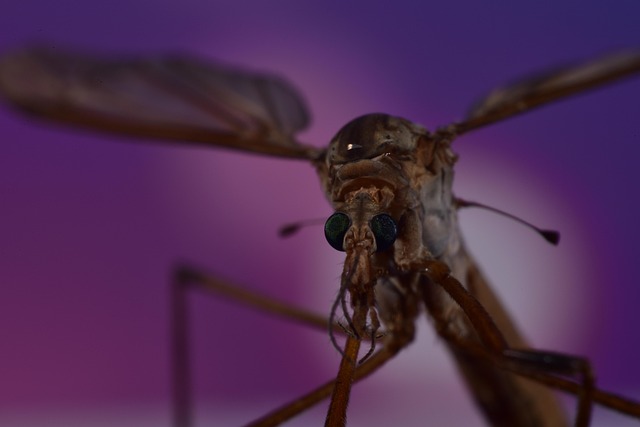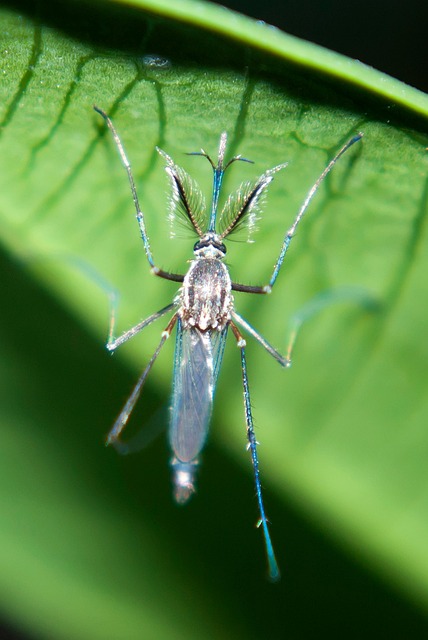Safe Mosquito Control: Natural, Commercial Options for Kids & Pets

Implementing effective yet safe commercial mosquito control methods requires understanding insect be…….
Mosquito Control Services: A Comprehensive Overview
Introduction
Mosquitoes are not merely a nuisance; they are vectors of deadly diseases such as malaria, dengue fever, Zika virus, and yellow fever. Mosquito Control Services (MCS) play a critical role in protecting public health by reducing mosquito populations and mitigating the risk of disease transmission. This article delves into the multifaceted world of MCS, examining its significance, global impact, economic considerations, technological advancements, policy frameworks, challenges, case studies, and future prospects. Readers will gain a deeper understanding of the complexities involved in mosquito control efforts worldwide.
Understanding Mosquito Control Services
Mosquito Control Services encompass a range of strategies and practices aimed at reducing mosquito populations and their potential to transmit diseases. These services are typically provided by public health agencies, environmental protection agencies, or private companies specialized in vector control. The core components of MCS include surveillance, larvae control, adult mosquito management, community engagement, and the use of environmentally safe chemical treatments when necessary. Historically, efforts to control mosquitoes have evolved from early manual methods like swatting and fogging with oil-based concoctions to sophisticated, targeted interventions supported by scientific research and advanced technology.
Global Impact and Trends
The global impact of MCS is profound, as mosquito-borne diseases affect millions annually. The World Health Organization (WHO) estimates that malaria alone causes nearly 400 million cases and over 600,000 deaths each year, primarily in Sub-Saharan Africa. Trends in MCS reflect an increasing focus on integrated pest management (IPM), which combines multiple methods to prevent mosquito breeding sites, protect people from mosquito bites, and reduce the overall impact of mosquito populations on human health and agriculture. The rise of climate change also influences these trends, as altered weather patterns can affect mosquito distribution and the spread of disease.
Economic Considerations
The economic aspects of MCS are significant, with investment patterns shaped by both public and private funding. Effective MCS can lead to reduced healthcare costs by preventing disease outbreaks, while poor control measures can result in substantial economic losses due to medical expenses, lost productivity, and trade impacts. In economic terms, the return on investment for MCS is high when considering the direct and indirect costs associated with mosquito-borne diseases.
Technological Advancements
Technology has revolutionized MCS through various means, including genetic engineering to create sterile insect techniques (SIT), biodegradable larvicides that target only mosquito larvae, and the development of attractive toxic sugar baits (ASBs) that lure and kill female mosquitoes. Advancements in remote sensing, geographic information systems (GIS), and big data analytics enable more effective surveillance and targeted interventions. The future potential of technologies like robotics, drones, and machine learning promises even more sophisticated solutions to mosquito control challenges.
Policy and Regulation
MCS is governed by a complex web of policies, regulations, and legislative frameworks that vary by country and region. International bodies like the WHO provide guidelines and best practices for MCS, while local governments implement these guidelines within their jurisdictions. Policies often address environmental concerns, ethical considerations around genetic manipulation, and the need for cross-sector collaboration between health, environment, and agriculture sectors. Compliance with regulations ensures that MCS efforts are both effective and responsible.
Challenges and Criticisms
MCS faces several challenges, including resistance to chemical interventions by mosquito populations, logistical difficulties in implementing control measures, and financial constraints limiting the scale and scope of interventions. Critics often point out potential environmental impacts and the need for sustainable, community-centered approaches. Addressing these issues requires a combination of innovative solutions, increased funding, and greater public awareness and involvement.
Case Studies
Several case studies exemplify successful mosquito control efforts. For instance, the elimination of malaria in Latin America’s Elim project demonstrates how targeted interventions, surveillance, and community engagement can eradicate a disease. The ongoing efforts to control Aedes aegyptosis in urban environments show the importance of integrated approaches to combat dengue fever. These case studies highlight the effectiveness of MCS when properly implemented and provide valuable lessons for future initiatives.
Future Prospects
The outlook for MCS is promising, with potential growth areas including the development of novel insecticides, the use of genetically modified mosquitoes to suppress populations, and the integration of digital tools for surveillance and control. Emerging trends suggest a move towards more personalized, data-driven interventions tailored to specific ecosystems and communities. Strategic considerations must focus on sustainability, adaptability to changing conditions, and the inclusion of local knowledge and practices in MCS efforts.
Conclusion
Mosquito Control Services are a critical component of global public health and an essential tool in the fight against mosquito-borne diseases. The multifaceted nature of these services requires a coordinated effort involving multiple sectors, innovative technology, and effective policy frameworks. As we look to the future, it is clear that continued investment and commitment to MCS will save lives, protect economies, and contribute to a healthier, more sustainable world.
Additional Information
For those interested in learning more about mosquito control services, the World Health Organization (WHO) provides comprehensive guidelines and resources on best practices for MCS. Additionally, the Centers for Disease Control and Prevention (CDC) offers detailed information on diseases transmitted by mosquitoes and strategies for prevention and control. Local health departments and environmental agencies are also valuable sources of information and resources for communities seeking to implement effective MCS programs.

Implementing effective yet safe commercial mosquito control methods requires understanding insect be…….

Mosquitoes, beyond being nuisances, have complex behaviors and specific habitat needs, significantly…….

Mosquitoes, despite being a nuisance, pose significant health risks globally. Female mosquitoes, act…….

Mosquito infestations can be managed by targeting breeding grounds (stagnant water sources) and entr…….

Understanding local mosquito seasons is crucial for effective mosquito pest control near me. Warmer…….

Implementing effective mosquito pest control near me requires a multi-faceted approach leveraging un…….

Mosquito infestations pose significant health risks due to disease vectoring, highlighting the impor…….

Mosquitoes pose significant health risks, breeding in standing water like birdbaths and buckets. Pro…….